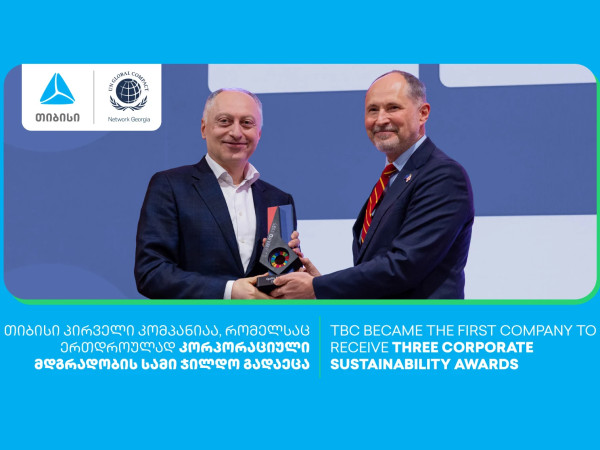Georgia has undergone significant transformation since the early 2000s, achieving robust and resilient growth, although the structural transformation process is incomplete, and job creation and poverty reduction could be improved- the World Bank report reads.
Effective macroeconomic management and market reforms have underpinned strong economic expansion and helped the economy recover quickly from major shocks. Recent growth has been driven by services, particularly retail, transportation, finance, and information technology.
Despite employing 16.5 percent of the labor force, the contribution of agriculture to gross domestic product (GDP) has declined to around 6 percent. Although export markets and products have diversified, exports are predominantly low value-added, with food products and metals accounting for about 25 and 14 percent of total exports, respectively.
Poverty remains significant, particularly in rural areas: 9.4 percent of the population was living below the national poverty line in 2023; 11.9 percent in rural areas and 7.4 percent in urban areas.
Youth unemployment is high, at 34.5 percent. High valueadded employment creation has been limited due to stagnant total factor productivity in manufacturingand services as firms struggle to adopt new technologies, upgrade management quality and worker skills, connect to value chains, and compete globally.
Access to finance has improved significantly, but remains a constraint, particularly for micro, small, and medium-sized enterprises.


















